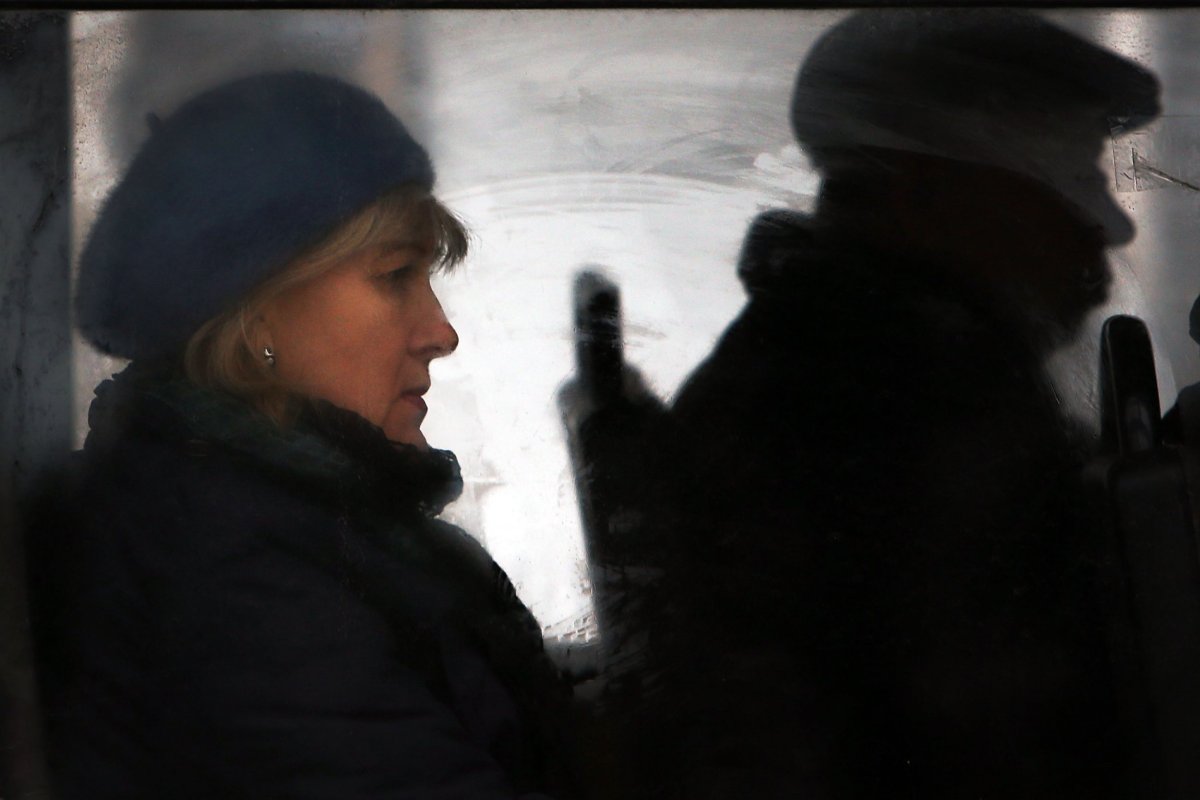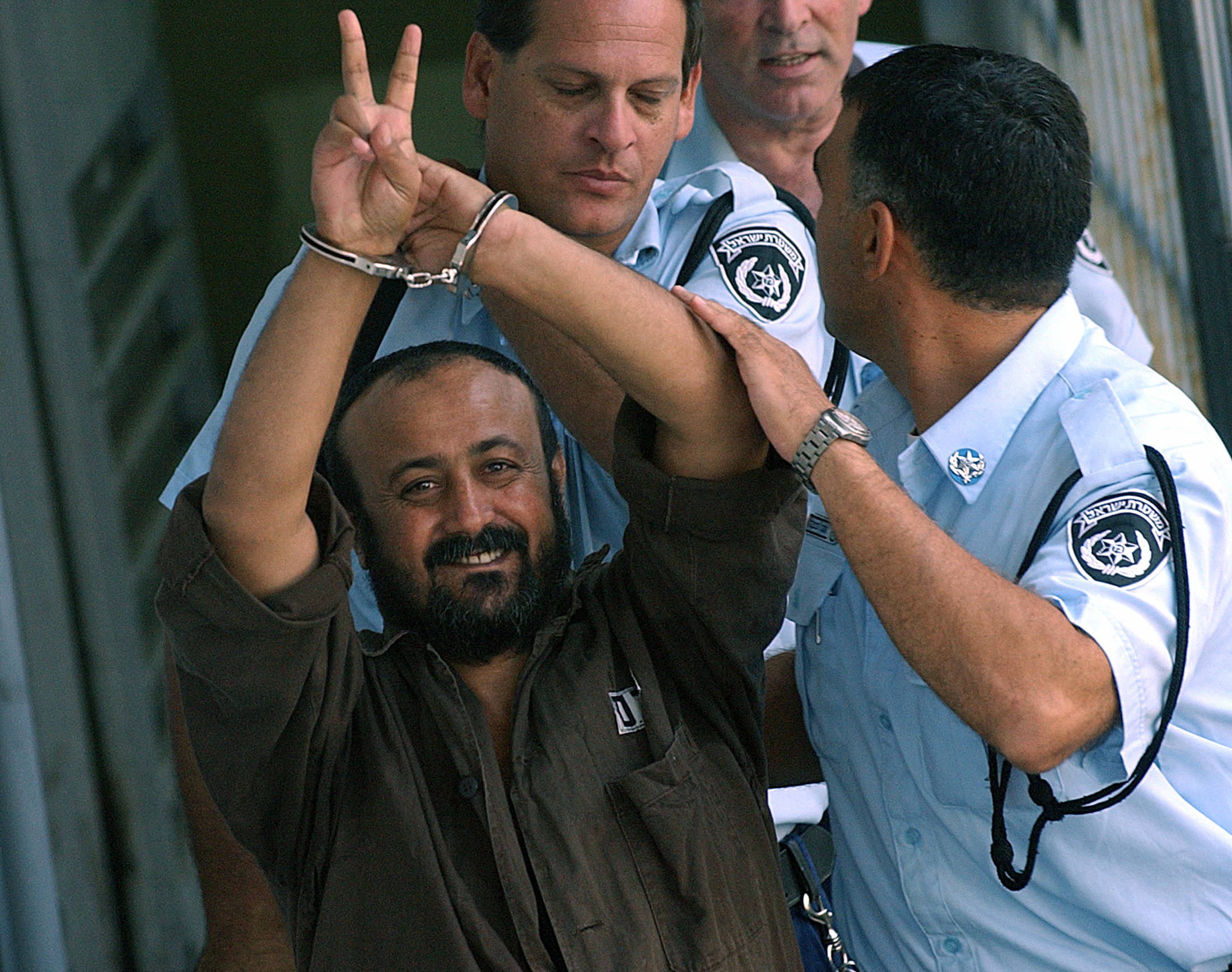This article first appeared on the Wilson Center site.
The State Duma has unanimously moved to increase Russia's minimum wage to bring it up to date with the minimum cost of living in Russia as calculated by the country's statistics bureau.
The bill, long in the making, was spearheaded by President Vladimir Putin, who is seeking reelection to a fourth term in March.
The official subsistence minimum was about 11,000 rubles ($190) per month in 2017, while the minimum wage was 9,500 rubles (less than $140).
This inconspicuous piece of news speaks volumes about the state of Russia's economy and the country's politics. The country's leading politician, who has no real competition, has asked his obedient parliament to increase an embarrassingly low minimum wage by a ridiculously low margin to reach a depressingly low subsistence level—and to speed up the change.
Yet the Kremlin considers the move generous enough to be heralded as politically important and showcased on national television.
Last month the minimum wage was established at the rate of 85 percent of the subsistence level, with a view to equalizing the two figures in January 2019. However, in one of his campaign speeches Putin suggested accelerating the process and making the minimum wage and the subsistence level equal by May 2018.
Since the early 2000s the Russian Labor Code has stipulated that that the minimum wage should not be lower than the subsistence level, a measure recommended by the International Labour Organization, a UN agency.
But even with periodic increases in the minimum wage, these two indicators have never matched. The need to raise the standard of living in Russia is obvious, but what we are seeing now is essentially a populist move that does not address the actual problem at hand.
Officials see Russia's widespread poverty as a main obstacle to the country's economic growth. The discrepancy between a minimum wage and the minimum income needed to survive is indicative of the kind of poverty Russia experiences. It is not the poverty of a country with high unemployment. Most Russians have jobs, but getting a job in Russia does not necessarily mean an escape from poverty: they are the "working poor."
According to Vice Premier Olga Golodets, about five million working Russians are not paid enough to survive. The figure does not tell the full story because, as the officials themselves admit, it is impossible to survive on the survival minimum.

Low wages do not encourage businesses to introduce advanced technologies, which in turn keeps labor productivity stagnant. Why purchase an excavator if one can hire human laborers for less instead?
In 2016, the cost of one hour of labor in Russia was 2.6 euros, whereas in the EU it was 23.1 euros on average, with a maximum of 39 euros per hour in Sweden. Russian officials hope that raising the minimum wage will stimulate innovation and help get rid of low-productivity jobs.
Why raise it in such small increments, then? Why not double or even triple the minimum wage, up to 25,000 rubles per month, as suggested by Alexey Navalny, Russia's opposition politician, who was not allowed to run in this year's presidential election? No matter how tight the budget is, money somehow is always found to fulfill the president's directives.
The reasons are not just economic. The minimum wage is an official measure that is used to monitor and regulate salaries all over Russia. The regional minimum wage by law cannot fall below its federal equivalent. This means that a sharp increase in the federal minimum wage would destroy businesses in economically weak regions. They would not be able to pay high wages to their workers and afford the social taxes that help fund social welfare programs.
Raising the minimum wage would impose an additional burden on regional budgets by increasing the wages of the state sector employees, which weak regions would not be able to meet either. That is why the federal minimum wage is always based on the wage level in the economically weakest regions.
Imperfection and weakness of labor enforcement institutions such as trade unions and courts make practical implementation of the minimum wage law incomplete and selective.
Moreover, the effect of the minimum wage increase will be nullified by the continuing prevalence of the informal economy, which according to various estimates ranges from 25 percent (Rosstat) to 44.8 percent (RANEPA) of the employed population of Russia.
According to experts from the Center for Labor Market Studies, each previous increase in minimum wage resulted in a further swelling of the informal sector; therefore, raising the minimum wage will most probably lead to the displacement of the working poor to the gray zone.
The discrepancy between minimum wage and minimum subsistence level points up the catastrophically low living standards of the working population and the inefficiency of labor market regulation in Russia. It is obvious that simply lifting the minimum wage without changing institutional conditions would not have any profound impact on the labor market or the economy.
A comprehensive reform of regulatory labor institutions is needed that should support a reasonable balance between maintaining the uniform rules of the game and taking into account the economic differences between regions.
The planned increase in the minimum wage will increase the salaries of several million public sector employees, a measure that Putin promised to introduce after he became president in 2012.
This will strengthen his reputation as a politician fulfilling his promises. The obvious paradox of the divergence of the minimum wage and the subsistence minimum makes statistical equalization of these indicators understandable for voters.
This will support the image of the president as a defender of the common people, though the 80 billion rubles that will be spent on the minimum wage increase can hardly be a good investment in the development of the Russian economy.
Instead it will be yet another investment of budgetary funds in Putin's reelection efforts.
Irina Olimpieva works at the Center for Independent Social Research, St. Petersburg, Russia as a senior researcher and the Head of the Research Department "Social Studies of the Economy".
Uncommon Knowledge
Newsweek is committed to challenging conventional wisdom and finding connections in the search for common ground.
Newsweek is committed to challenging conventional wisdom and finding connections in the search for common ground.
About the writer
To read how Newsweek uses AI as a newsroom tool, Click here.








